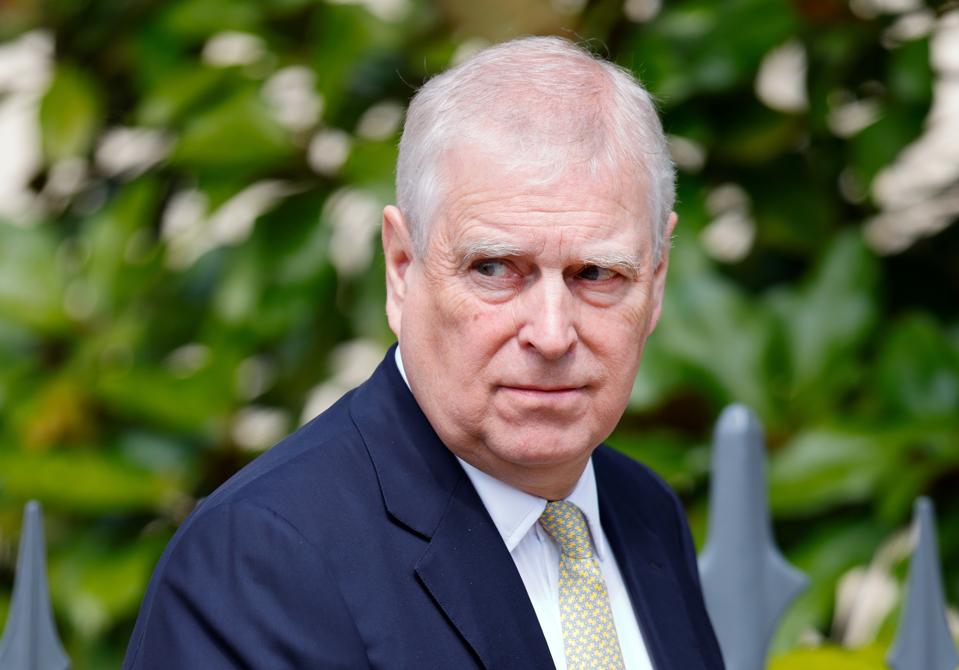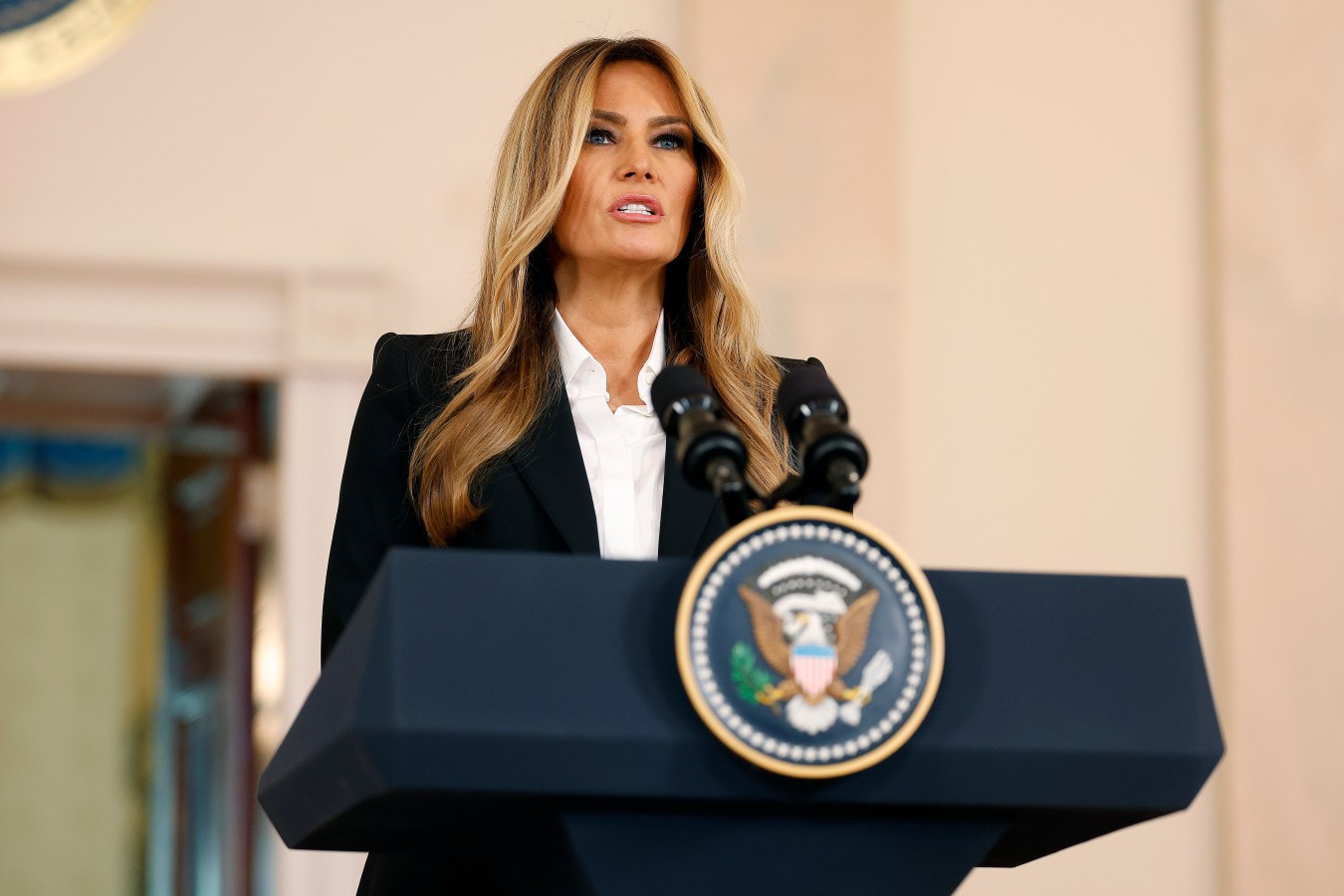Taiwan’s voters gave the ruling Democratic Progressive Party (DPP) an unprecedented third consecutive term in office by selecting William Lai Ching-te to be their next president, an outcome that’s likely to heighten cross-strait tensions with Beijing, which claims the self-governed island as its own.

Taiwan’s newly elected President William Lai Ching-te (left) and Vice President Hsiao Bi-khim (right) wave to supporters on January 23, 2024.
Shanshan Kao/Forbes Asia
“I want to thank the Taiwanese people for writing a new chapter in our democracy,” Lai told the media in Taipei on Saturday. “We have shown the world how much we cherish our democracy…The Republic of China, Taiwan will continue to walk side by side with democracies from around the world.”
Lai had been pitted against two other parties—the Kuomintang (KMT) and the Taiwan People’s Party (TPP)—both of which advocate more engagement with Beijing.
The election drew a strong voter turnout of more than 70%. A total of more than 19.5 million voters cast ballots at 17,000 polling stations around the island on Saturday. Of those, 5,586,019 votes (40%) went to Lai, the island’s current vice president, and his running mate Hsiao Bi-khim, a former de facto ambassador to the U.S.
The KMT’s candidate, Hou Yu-ih, managed to pull in 4,671,021 votes (33.5%), while the smaller Taiwan People’s Party’s Ko Wen-je received 3,690,466 votes (26.5%). For a while, the two parties had considered forming an alliance, but their talks had collapsed.
Taiwan’s president-elect was born the son of a coal miner in the New Taipei City of Taipei in 1959. After studying medicine at two of Taiwan’s prestigious universities—National Taiwan University and National Cheng Kung University—Lai earned a master’s degree in public health from Harvard. He first worked as a kidney doctor, before making the jump into politics where he was elected as a lawmaker representing the southern city of Tainan.
He later served as the island’s prime minister under the current President, Tsai Ing-wen, between 2017 and 2019, and then became the vice president when Tsai was reelected in 2020. Tsai defeated the KMT’s Han Kuo-yu in a landslide that year to win her second term, and her party also managed to retain its legislative majority.
Saturday’s presidential election took place as Taiwanese voters also picked a new 113-member legislature, but no single party was able to garner a majority of the seats.

DPP supporters cheer as the election results are announced at the party’s post-election rally.
Shanshan Kao/Forbes Asia
Lai has built a reputation as a staunch defender of the island’s sovereign status, while expressing his commitment to preserving peace across the Taiwan Strait and boosting the island’s defences. Lai will take over from Tsai when the incumbent president, who is ineligible to seek another reelection, ends her second four-year term in May.
Compared to his two China-friendly rivals, Lai says he favors economic policies that seek to boost international trade so that Taiwan would not be overly reliant on China for economic growth.
The results of Saturday’s election will have far-reaching implications beyond Taiwan. Beijing views the island as part of its territory, and has long vowed to “re-unify” it with China. And it has not ruled out the use of force to achieve that aim, a prospect that threatens to bring China into conflict with the U.S.
China’s Taiwan Affairs Office responded to the election results by declaring that the DPP cannot represent the mainstream public opinion on the island, and that Lai’s victory would not change the basic landscape of cross strait relations.
Just hours before the election, Beijing’s defence ministry said the People’s Liberation Army would “smash” any move towards independence. China has repeatedly described Lai as a dangerous separatist, and called on Taiwan’s voters to make the right choice.
Earlier this week, former Taiwan President Ma Ying-jeou stirred up controversy when he said the island had no choice but to trust Chinese leader Xi Jinping on cross-strait issues. The former chairman of the KMT also said that Taiwan can never win a war against China so the island should reduce its defense spending. The KMT quickly sought to distance themselves from Ma’s comments, which were made during an interview with Deutsche Welle, but observers say he probably cost the party much-needed votes.
There are also other issues at stake in this election beyond Taiwan’s ties with China. Many voters have been expressing concerns about economic development, and they want to see the government tackle domestic issues like inflation, low wages and rising property prices. Young voters, in particular, have expressed frustration that the political parties focus too much on the cross-strait tensions at the expense of other issues.
This article was first published on forbes.com.


